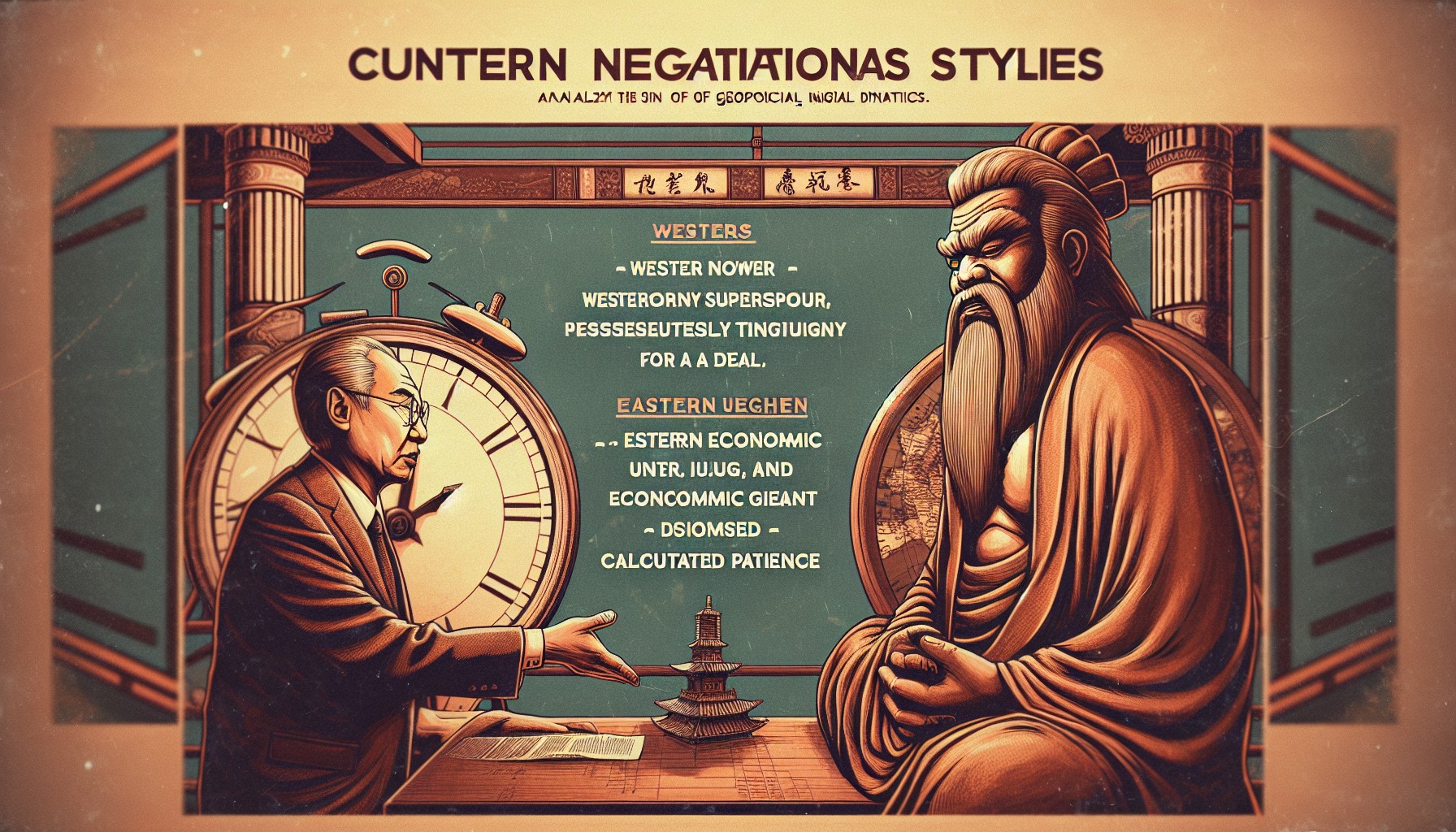In an era where data is the new oil, the balance of power is often determined by who holds the keys to the most valuable data repositories. As we find ourselves in the midst of 2025, one of the most hotly debated issues is the fate of TikTok, the social media juggernaut with over a billion users worldwide. While the world watches intently, it seems that China, the birthplace of TikTok’s parent company ByteDance, is quietly gaining the upper hand in a saga that intertwines geopolitics, technological innovation, and the ever-pressing concerns of data privacy.
The meteoric rise of TikTok has been fueled by its sophisticated algorithms, which are a testament to the power of artificial intelligence. These algorithms, trained on vast amounts of user data, are capable of predicting user preferences with uncanny accuracy, making TikTok one of the most engaging platforms for digital content. However, this very advantage has also become a focal point of controversy, especially in the context of international relations. The concern is that the Chinese government could potentially access the data of millions of global users, leading to geopolitical tensions and calls for greater regulation.
Artificial intelligence, which powers TikTok’s recommendation engine, is at the core of the platform’s success and its controversies. The algorithms analyze user interactions in real time, adapting to each user’s preferences to keep them engaged. This capability has not only transformed social media but has also become a battleground for global tech supremacy. Countries are racing to develop their own AI technologies, wary of becoming overly reliant on any single nation’s technological prowess. In this regard, China’s strides in AI are seen as both impressive and intimidating by the international community.
In response to these concerns, there have been multiple attempts to force ByteDance to divest TikTok’s operations in certain regions or to establish independent governance structures. Yet, as of today, the fate of TikTok remains uncertain. While some countries have imposed stringent data localization laws, requiring that user data be stored within their own borders, others have called for outright bans or divestitures. Despite these pressures, China appears to be strategically maneuvering to maintain its influence over TikTok, leveraging its advancements in AI and data analytics to assert a dominant position on the global stage.
The implications of this power struggle are far-reaching, extending beyond just who controls TikTok. It raises fundamental questions about the future of digital sovereignty and the global internet. If China successfully retains its hold over TikTok, it could set a precedent for how other tech giants navigate the challenges of international regulation and data privacy. Furthermore, it could embolden other countries to develop their own AI-driven platforms, leading to a more fragmented digital landscape.
As the world grapples with the implications of AI in social media, it is clear that we are at a crossroads. The decisions made today regarding TikTok’s governance and data practices will likely influence the trajectory of AI development and the global tech ecosystem for years to come. This is particularly true as other countries, notably the United States and those in the European Union, weigh their own AI strategies and regulatory frameworks in response to China’s advancements.
For AI researchers and policymakers alike, the TikTok saga serves as a critical case study in the ethical and practical challenges of implementing AI at scale. It underscores the need for robust international frameworks that can address the complexities of data privacy, AI governance, and digital rights. As we move forward, the question remains: can the global community find a balance that respects national interests while fostering innovation and protecting individual privacy?
In the end, the fate of TikTok is more than just a story about a popular app; it is a reflection of the broader tensions and opportunities presented by the rapid advancement of AI technologies. As these technologies continue to evolve and permeate every aspect of our lives, the world must navigate this intricate web of interests with care, foresight, and a commitment to shared values.
